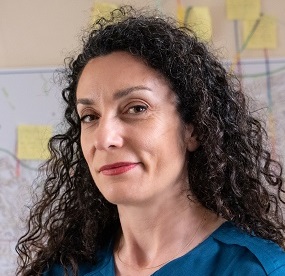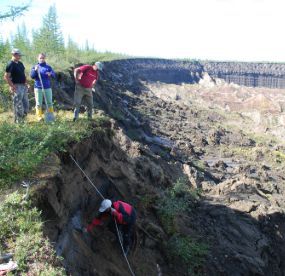Improving understanding of migrant experiences
Dr Sarah Scuzzarello is a member of the Sussex Centre for Migration Research (SCMR), and works to better understand why people choose to leave their home countries, and how they navigate identities and communities in new lands.

